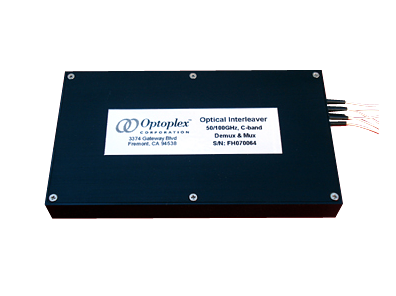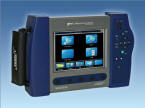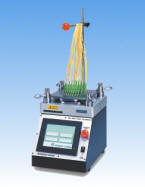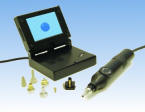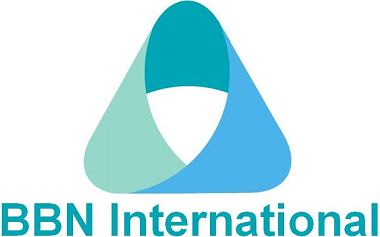Standard Optical Interleaver
An innovative technique for expanding the number of channels per fiber involves an optical device, called an optical interleaver. For example, in most DWDM equipment, the standard channel spacing is 100 GHz. But spacing the signal-carrying frequencies every 50 or even 25 GHz can double or even quadruple the number of channels per fibre. This job is accomplished by an optical interleaver. Such a device takes two multiplexed signals with 100-GHz spacing and interleaves them, creating a DWDM signal with channels spaced 50 GHz apart. The process can be repeated, creating even denser composite signals with 25-GHz or 12.5-GHz spacing. The signals at the receiving end are recovered with the same devices used as splitters or optical de interleavers. Thus, devices and/or networks can be upgraded without requiring that all devices be upgraded, or network bandwidth can be increased.Key Features
- Wide and Flat Passband
- Minimal PDL
>
High Channel Isolation
Minimal Thermal Drift
Low and Customizable Dispersion
Low Insertion Loss & IL Uniformity
Dual C- and L-Band Coverage
Super-Band Version Available
Bi-Directional Mux/DeMux Co-packaged Interleaver Available
Customized Channel Spacing, such as 33.33-66.66 GHz
Asymmetric/Uneven Optical Interleaver Available
Tunable Interleaver Available
Telcordia GR-1221/63 Qualified
Primary Applications
- Extend Existing Network Capacity
- Bridge Existing & New DWDM Platforms
- System Upgrade
- Bi-Directional Networks
- Total Signal Power Detection for Raman Amplifier
- Multi-Wavelength Transponder
- Flat-top Comb Filter
Visit the BBN International Ltd website for more information on Standard Optical Interleaver

